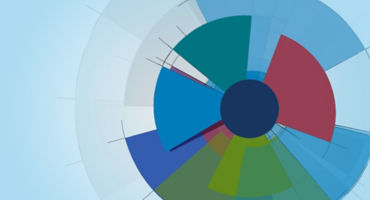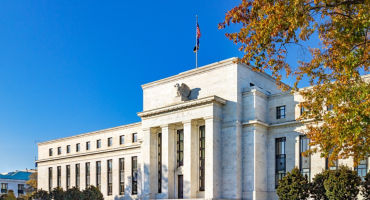I have published my views on Brazil more than once over the past year (most recently in my November 2021 blog post), but the environment there has changed markedly through the first few months of this year, with COVID-related risks seemingly on the wane and the Russia/Ukraine conflict having driven up commodity prices — so I thought now would be an opportune time to share a fresh perspective on South America’s most populous country.
To wit, some of my colleagues and I just returned from a productive business trip to the bustling metropolis of Sao Paulo, where we visited retail, financial, health care, and education companies. Based on our conversations with firm executives and others, we found the corporates’ mood to be quite positive overall. And why not? Business trends have been on the upswing, mask mandates were recently lifted, soybean prices are sky-high as of this writing, and (for better or worse) the city’s notoriously brutal traffic is back again.
My main takeaway from this trip and my team’s latest research: At the country level, I think Brazil is a “buy” right now and perhaps through the rest of 2022 as well (though time will tell.) At the company level, as always, there are of course both risks and opportunities for investors to be mindful of.
My investment case for Brazil
At present, my bullish outlook for Brazil is predicated on several key factors, including:
- What’s different vs 20 years ago: The Brazilian Congress has matured into a formidable check on the Executive branch, the Central Bank of Brazil is now independent, and Brazilian corporates as a group have stronger balance sheets than in the past.
- The interest-rate cycle: Encouragingly, the Central Bank of Brazil has been hawkish thus far in its efforts to rein in inflation. It has raised interest rates from 2% to 12% and, other than China, may be the first emerging market central bank to cut rates again (in 2023).
- A strengthening currency: The Brazilian real (BRL) has strengthened on the back of rising interest rates and may continue to do so going forward amid favorable terms of trade — higher soybean, oil, and iron ore prices — and positive currency carry trade.1
- Lower election risk: Brazil’s 2022 general election will decide the country’s next president on October 2. While it’s not a risk-free contest, Brazilian markets have already priced in a sizable risk premium and, I think, can fare well regardless of the outcome.
- Attractive valuation: Brazil’s equity market is trading at what appears to be an attractive discount to both Brazilian bonds and broader emerging market equities (Figure 1). Some higher-quality domestic cyclicals look particularly attractive to me from a valuation standpoint.






























Monthly Market Review — October 2025
Continue readingBy